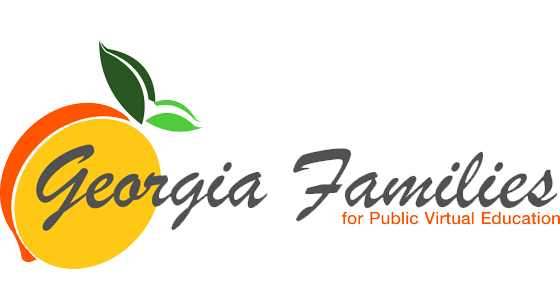Class Act
/Charter schools – publicly funded and privately run – are gaining ground as a new state commission takes charge.
By Jerry Grillo
Georgia Trend
The following is an excerpt from the complete story that can be found at: http://www.georgiatrend.com/October-2013/Class-Act/
The charter school concept has been steadily gathering converts in Georgia over the past 15 years. There are 314 charter schools (including 206 of them that are part of Georgia’s 16 charter systems) serving 225,800 students in the state (about 10 times what it was in 2000-2001).
Charter schools are public schools that operate under a contract with an authorizing body (the local school district or the state commission). They promise to raise student achievement and attain higher degrees of accountability, and in return they receive flexibility and freedom from many state and local rules.
The easy passage last November of an amendment creating a new state government office, the State Charter Schools Commission of Georgia (SCSC), may boost the popularity of these publicly funded, privately run schools, which many Georgians apparently see as part of the solution to improve Georgia’s perpetually lagging public school system.
“The reason we pushed so hard for this amendment last year was to make charter schools available to more people,” says Tony Roberts, president and CEO of the Georgia Charter Schools Association (GCSA), the nonprofit state-wide lobbying group.
Opponents of the legislation, including teacher and administrator professional associations, saw the amendment and creation of the commission as unnecessary – local school boards already were empowered to approve charter school applications, and if the applications got a thumbs down there, applicants could turn to the state Board of Education.
Opponents also saw the piles of money coming from out-of-state sources, such as for-profit education management organizations (EMOs), Alice Walton (daughter of Walmart founder Sam Walton) and Americans for Prosperity (the Tea Party group founded by the billionaire Koch Brothers) and other donors who saw Georgia as either a potential business opportunity or a key battleground in the movement to give parents more choice in education.
“There are great schools and great teachers in Georgia’s public school system, but the aggregate statistics on educational performance in Georgia are what they are, and people are looking for better alternatives for their children,” says Charles Knapp, the former president of the University of Georgia (and current interim dean of its business college), who is chairing the new state commission.
“I don’t think charter schools are a blanket panacea for what ails public education in Georgia and America,” Knapp adds. “But if you look at educational performance in America relative to other countries that were once way behind us and are now in front of us, I’d say we’re going to need to try something else; and one of the things that will help, in certain circumstances, are charter schools.”

